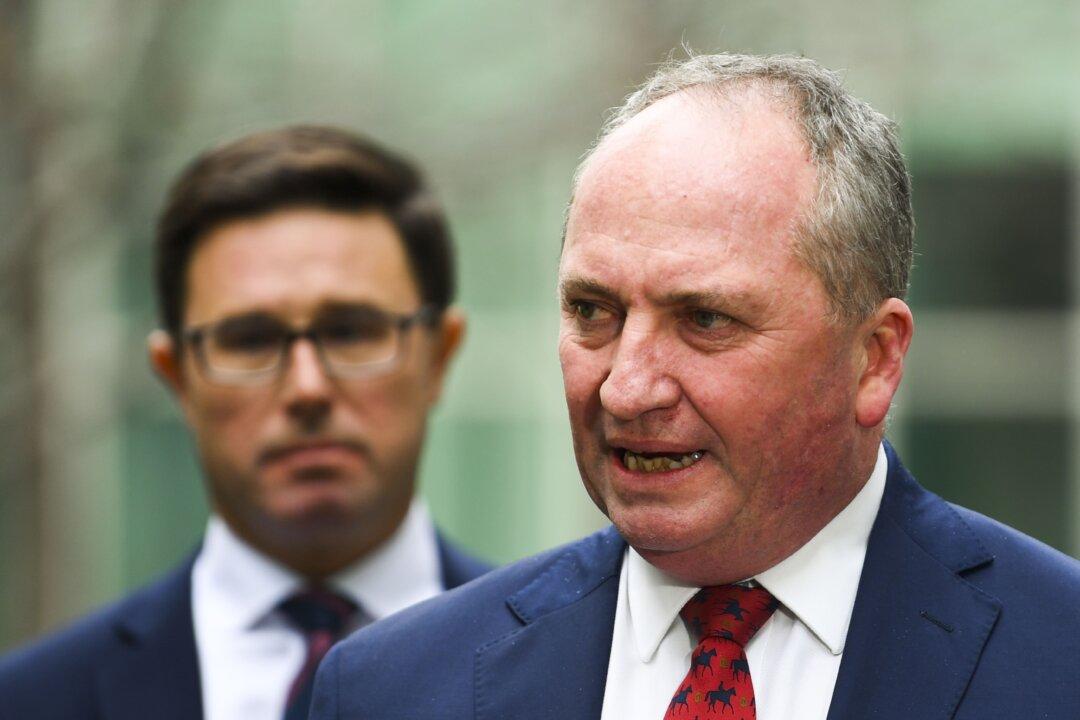Net-zero and leadership will be two issues discussed by the Nationals party room on the weekend after the regional party successfully withstood the electoral onslaught on May 21 that saw its Coalition partner, the Liberal Party, lose 19 seats.
After every election, the Nationals hold a party room meeting to decide their future policy platform and leader. One major issue of contention, between moderate and conservative MPs, has been whether to continue supporting a net-zero emissions target by 2050 for Australia.





